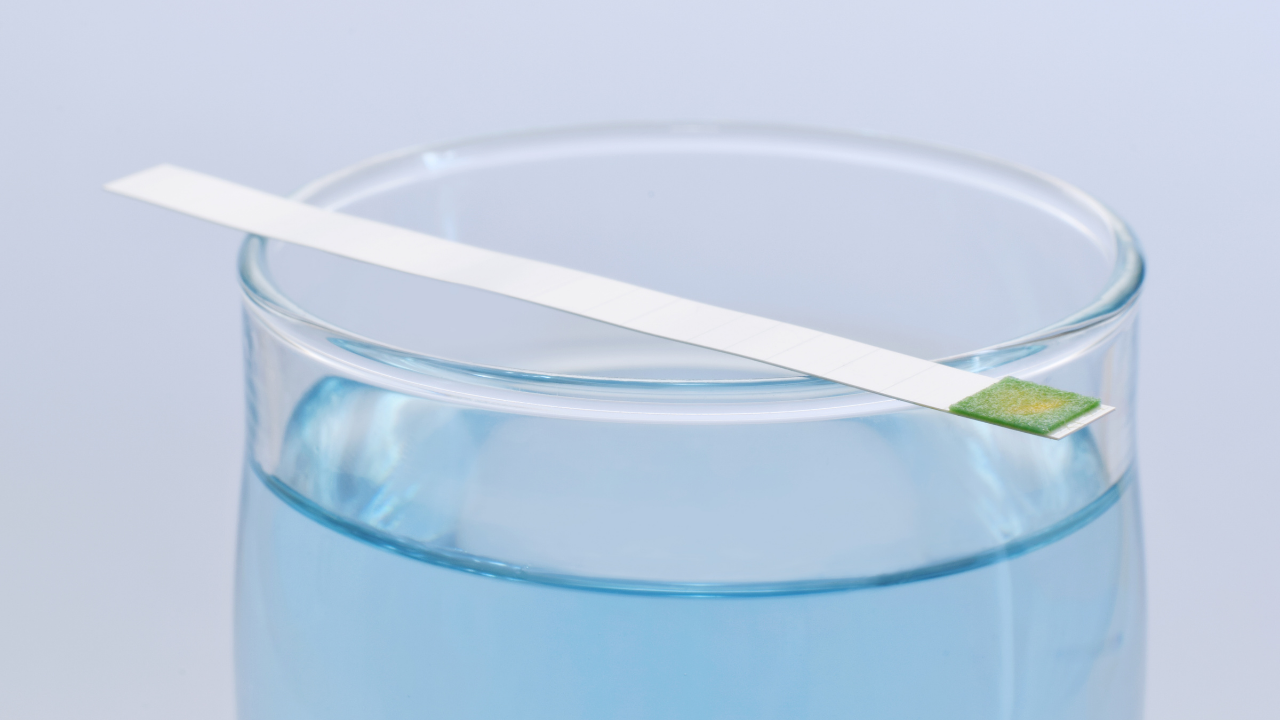Total Hardness
Hardness in water is primarily a measure of the amount of dissolved calcium and magnesium. Limestone (CaCO3 or MgCO3) is a natural source of hardness. Animals and plants require calcium and magnesium for life.
Calcium is an important component of cell walls, shells and bones of many aquatic organisms. Magnesium is a component of chlorophyll, which is necessary for photosynthesis in green plants. Hard water can cause problems by leaving scaly deposits in pipes and appliances, and decreasing the cleaning action of soap and detergent. Hardness of seawater is 6,000 mg/L or more. Most fish and aquatic organisms live in waters with hardness between 15 and 200 mg/L. In waterbodies with hardness less than 15 mg/L or greater than 500 mg/L fish reproduction may be limited. Drinking water with hardness greater than 350 mg/L can be harmful to humans.

High hardness levels may indicate the influence of human activity in the area. Drainage from mines can contribute calcium, magnesium, iron, manganese, and other ions. This can increase the total hardness of a stream. Industrial processes may also produce significant amounts of calcium and manganese, and effluents from wastewater treatment plants discharged to streams. Hard waters usually have a high pH.
